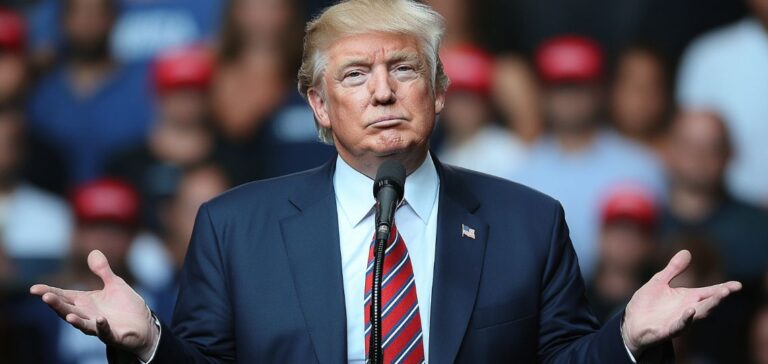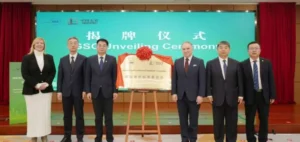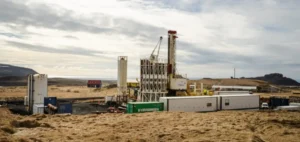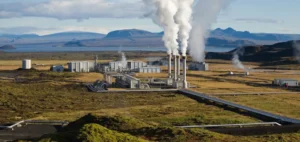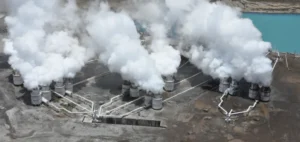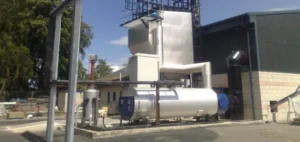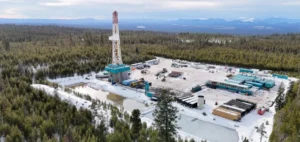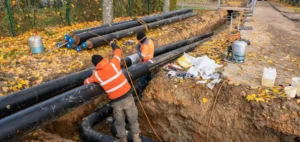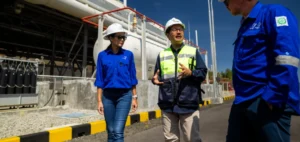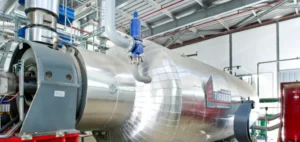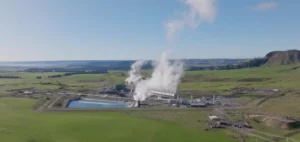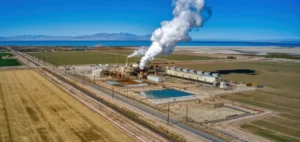The Trump administration, known for its strong support of fossil fuels, nevertheless grants a special place to geothermal energy in its energy strategy. This technology, which uses the Earth’s natural heat to produce electricity, stands out as an economical and efficient solution, despite remaining a niche player in the U.S. energy landscape.
Geothermal energy provides continuous electricity generation, independent of weather conditions, distinguishing it from other renewable sources. Its technological compatibility with the oil and gas industry, especially in drilling techniques, gives it a strategic edge. Companies like Houston-based Fervo Energy are pioneering the adaptation of petroleum-sector methods to exploit underground heat reservoirs and generate steam for turbines.
A strategic shift under Trump
President Trump’s declaration of an energy emergency highlights geothermal energy as a key component in diversifying and securing the country’s energy supply. Unlike wind and solar energy, which are often criticized by the administration, geothermal energy is promoted for its economic potential and efficiency.
Chris Wright, the Secretary of Energy and a former executive at Liberty Energy, embodies this direction. His deep knowledge of fossil fuel industries and his commitment to geothermal projects, such as those led by Fervo Energy, underscore a desire to leverage unconventional but strategic energy resources.
Ambitious economic prospects
According to estimates from the Department of Energy, next-generation geothermal projects could generate up to 90 gigawatts of electricity by 2050, enough to power 65 million homes. This ambition comes with the hope of lowering development costs through massive investments, making geothermal energy competitive with fossil and nuclear power plants.
Companies in the sector, such as Sage Geosystems, are ramping up initiatives to meet the growing demand for electricity. These projects specifically target data centers, which are large energy consumers, and strategic infrastructures like military bases, where energy reliability is essential.
An underutilized energy source
Despite its potential, geothermal energy currently accounts for less than 0.5% of U.S. electricity production, reflecting the financial and logistical challenges associated with this technology. However, the Trump administration’s support, combined with tax incentives and streamlined permitting, could accelerate its development.
Unlike other renewable energies, geothermal enjoys bipartisan support in Congress, reflecting its attractiveness as a reliable and consistent energy source. This unique context positions it as a particularly promising sector at the crossroads of U.S. economic and energy interests.


